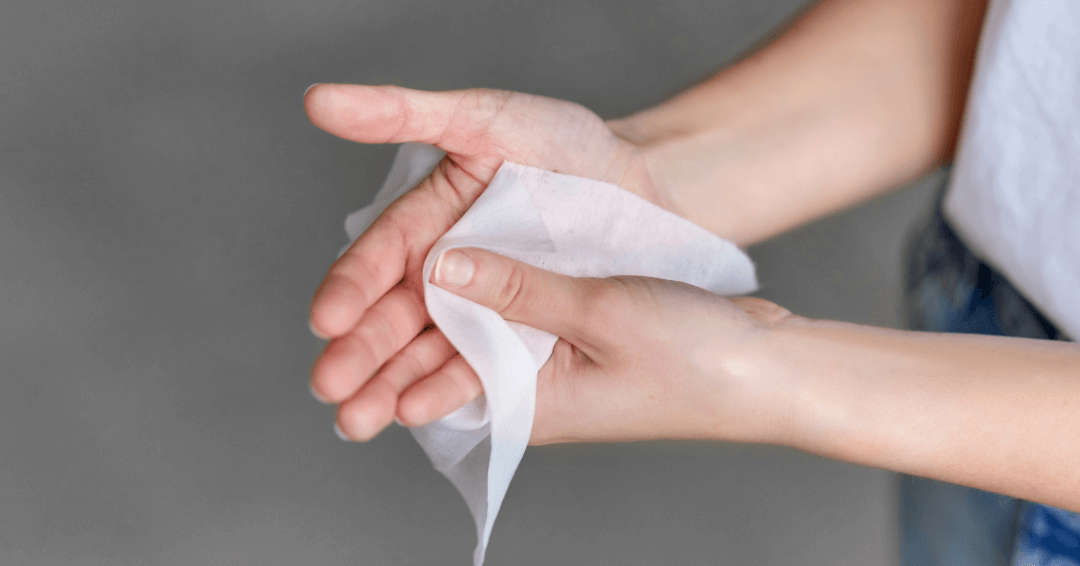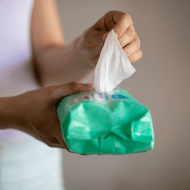Plastic Wet Wipes Ban: UK's New Legislation Targets Pollution
Posted by Emily on 29th Apr 2024 Reading Time:
The UK government is poised to enact legislation banning the sale of wet wipes containing plastic, a significant step to curb pollution in waterways and ecosystems. This new law, expected to be introduced in Parliament before the summer recess in July, will make it illegal to sell or distribute these products in England. Scotland, Wales, and Northern Ireland anticipate implementing similar bans by autumn.

The decision comes after substantial public support during consultations and persistent advocacy from environmental groups. Wet wipes, which often contain plastic, contribute to microplastic pollution when they degrade. These microplastics harm aquatic life and accumulate toxins that can affect human health. According to a DEFRA survey, an average of 20 wet wipes per 100 meters was found on UK beaches between 2015 and 2020, highlighting the pervasive nature of this pollution.
Environment Secretary Steve Barclay emphasized the importance of the ban, stating, "I have been clear that a step change is needed to protect our waterways from pollution." The legislation builds on existing measures, such as fines for water companies and increased site inspections, and is part of a broader effort to address various sources of plastic pollution.
Despite the forthcoming legislation, some voices, like Labour's Shadow Environment Secretary Steve Reed, argue that the measures are insufficient and advocate for a complete ban on the manufacture of plastic-containing wet wipes. Meanwhile, major retailers like Boots and Aldi have removed such products from their shelves, recognizing the environmental impact and consumer shift towards sustainable alternatives.
The government also plans an 18-month transition period post-legislation to help businesses adjust while continuing to encourage manufacturers to switch to plastic-free alternatives. Special exemptions will be considered for essential uses, such as medical disinfectants, which currently lack viable alternatives.
As the UK gears up for an expected election in the autumn, the swift passage of this legislation is crucial. It reflects a growing commitment to environmental sustainability and the protection of public health.
We invite our readers to share their thoughts and experiences regarding the ban on wet wipes containing plastic. Do you support this move? What impact do you think it will have on environmental and public health? Please leave your comments below.

